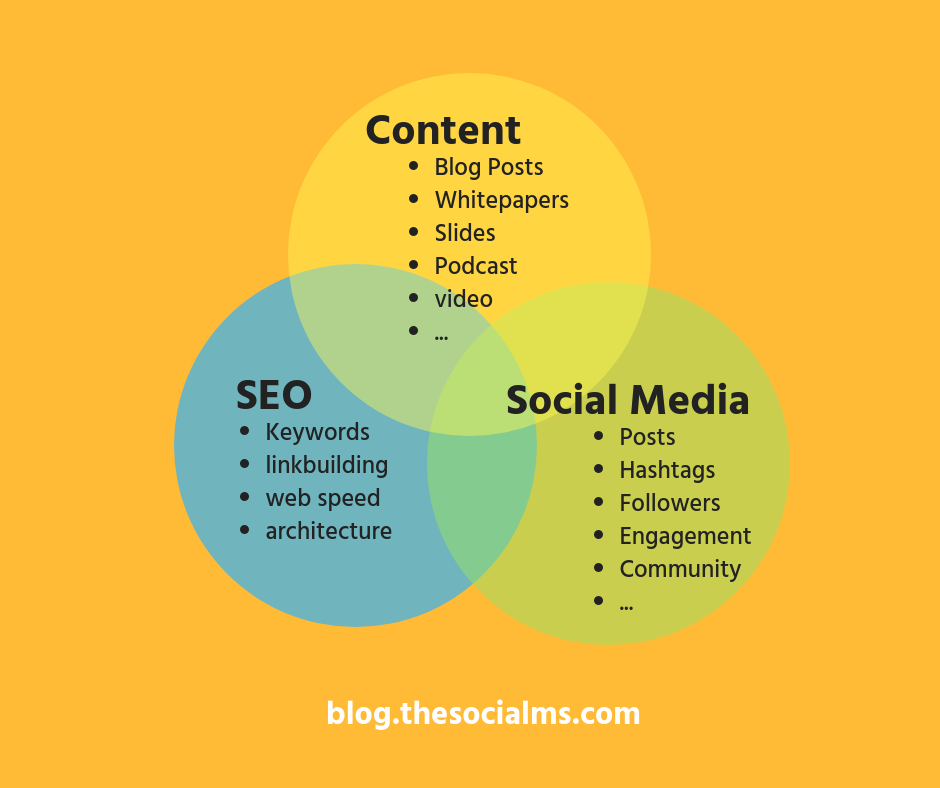Brainstorming Keywords

Evaluating Sources
Background Sources
- Rely on them for information accepted as unquestionable fact
- Provide general information to explain a topic
- Sources to consider: books, encyclopedias (either general or subject-specific), articles.
Exhibit Sources
- Materials a writer is interpreting or analyzing
- Used to provide an example of or give evidence for a claim
- Sources to consider: Depending on your topic and discipline, scholarly books or articles, a film, novel, a data set, an interview, experimental results, a diary, letters, a work of art, etc.
Argument Sources
- Information from other authors you are agreeing with, disagreeing with, or building upon
- Citing them puts your research in the context of other scholarship on that topic--brings you into the conversation
- You use your exhibit sources as examples of why you agree with, disagree with, or want to add more to what was claimed in your argument sources
- Sources to consder: articles, books.
Method Sources
- Materials an author follows to determine how they are doing their research
- Sources to consider: Course readings, books, articles, Can include research procedures, theories
Citations
Adapted from Beeghly LIbrary, Heidelberg University: http://libguides.heidelberg.edu/eval/beam#s-lg-box-2260491
Additional Sources:
Meredith Farkas, Meredith. “Good for What? Teaching Sources for Sustainable Lifelong Information Literacy." Presentation, Association of College and Research Libraries, Portland, OR, March 25-28, 2015. http://www.slideshare.net/meredithfarkas/good-for-what
Rubick. Kate. 2014. "Flashlight: Using Bizup's BEAM to Illuminate the Rhetoric of Research." Presentation at Library Instruction West 2014. http://pdxscholar.library.pdx.edu/liw_portland/Presentations/Material/10/
Rumble, Juliet, Carter. Toni and Noe, Nancy. 2015. "Teaching Students the 'How' and 'Why' of Source Evaluation: Pedagogies that Empower Communities of Learning and Scholarship." Presentation at 2015 LOEX Conference. http://www.loexconference.org/2015/presentations/rumblePresentation.pdf
Woodward, Kristin M. and Ganski, Kate L., “BEAM Lesson Plan” (2013). UWM Libraries Instructional Materials. Paper 1. http://dc.uwm.edu/lib_staff_files/1
BEAM originally developed by Joseph Bizup.
Bizup, Joseph. "BEAM: A Rhetorical Vocabulary for Teaching Research-Based Writing." Rhetoric Review 27, no. 1 (2008): 72-86. doi:10.1080/07350190701738858



